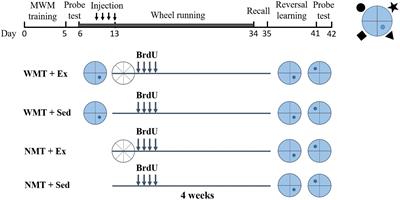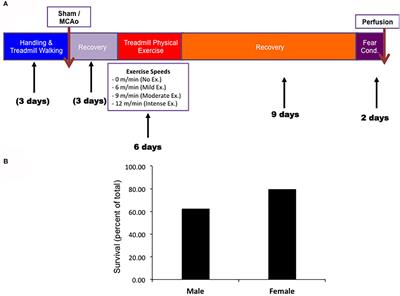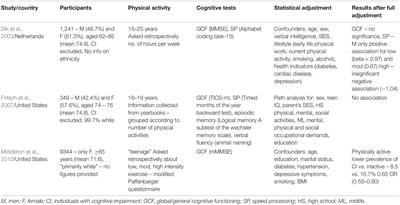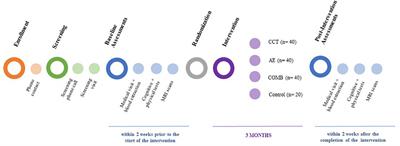ORIGINAL RESEARCH
Published on 11 Mar 2020
The 24-Form Tai Chi Improves Anxiety and Depression and Upregulates miR-17-92 in Coronary Heart Disease Patients After Percutaneous Coronary Intervention

doi 10.3389/fphys.2020.00149
- 4,669 views
- 27 citations











